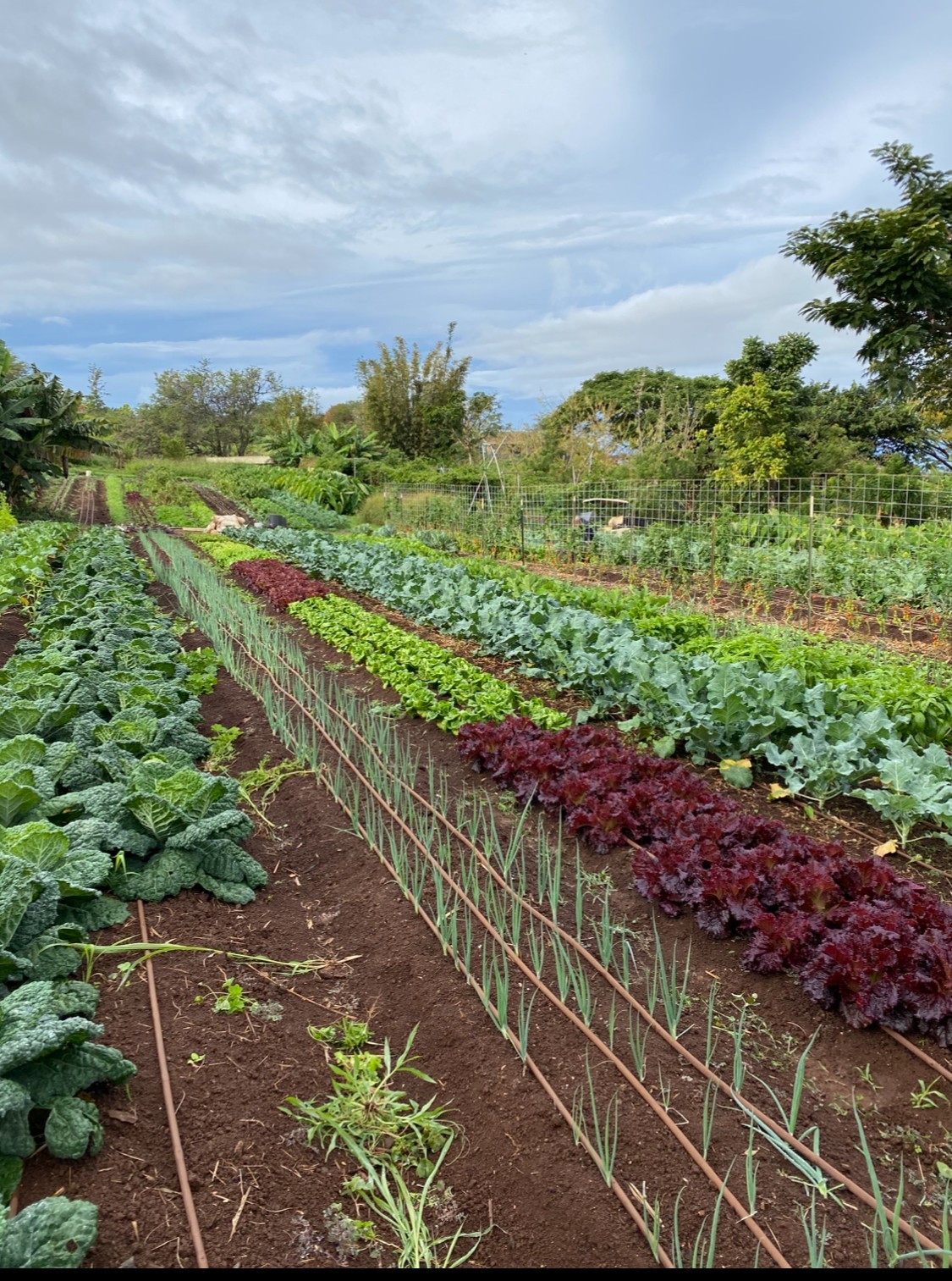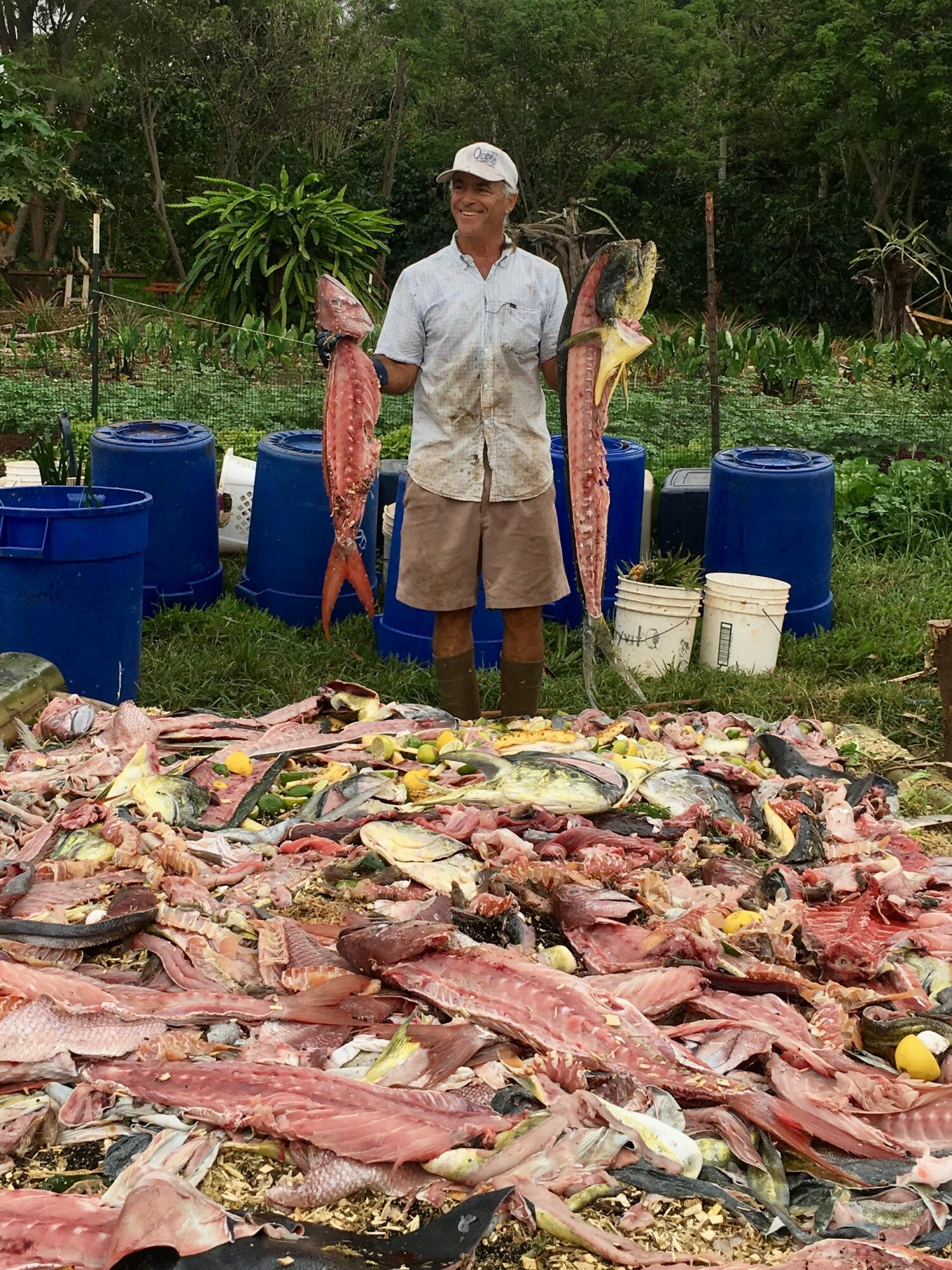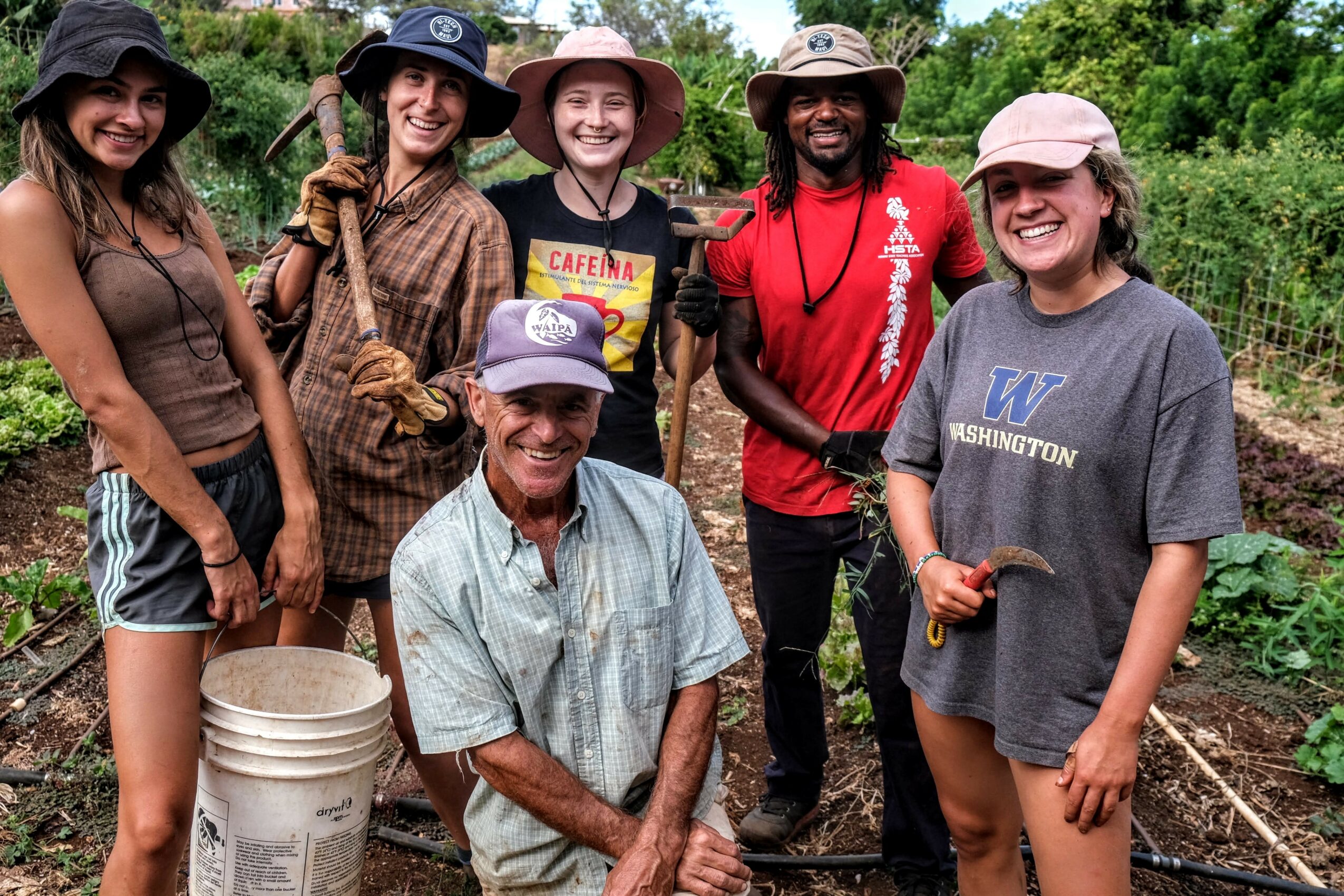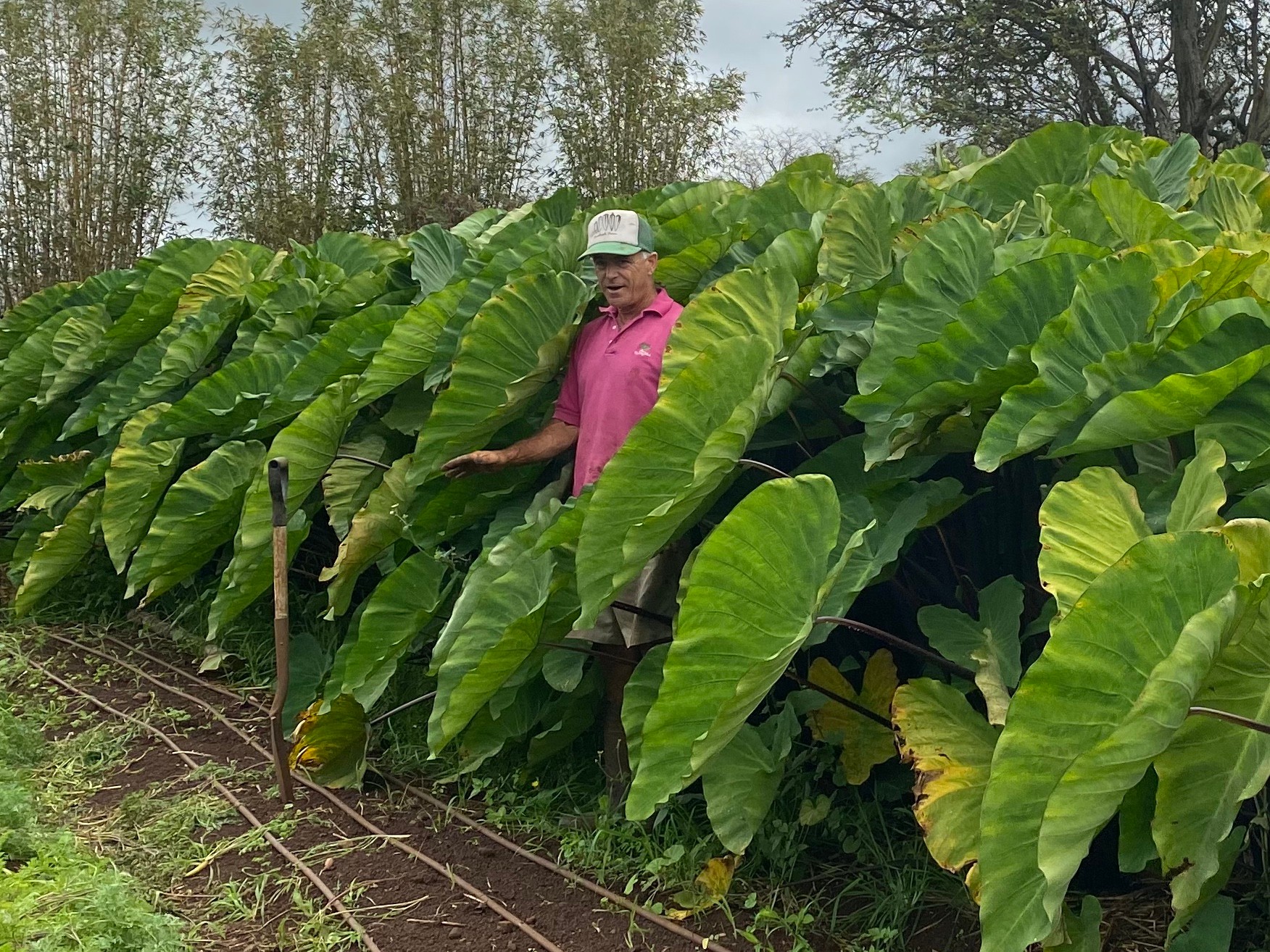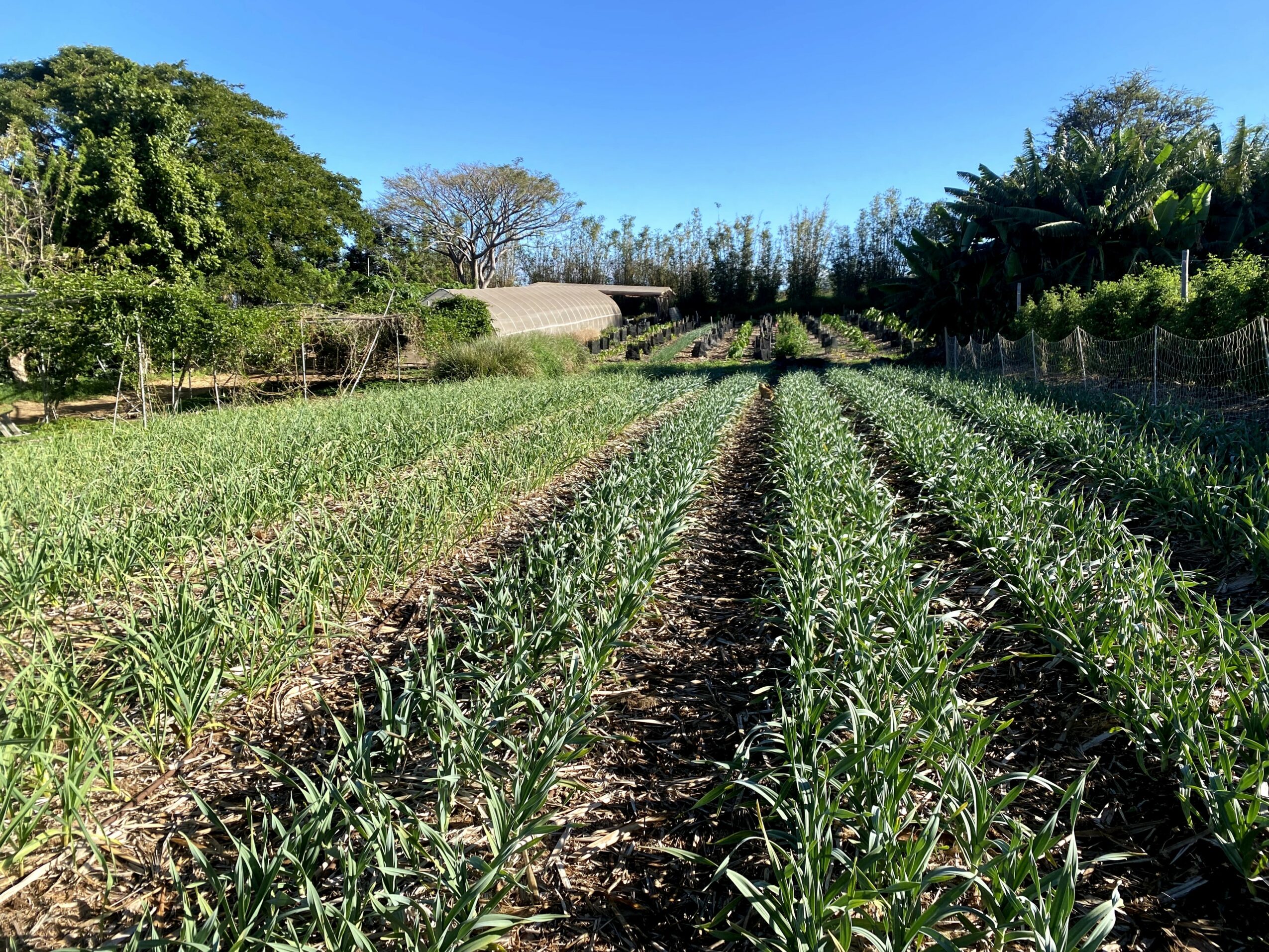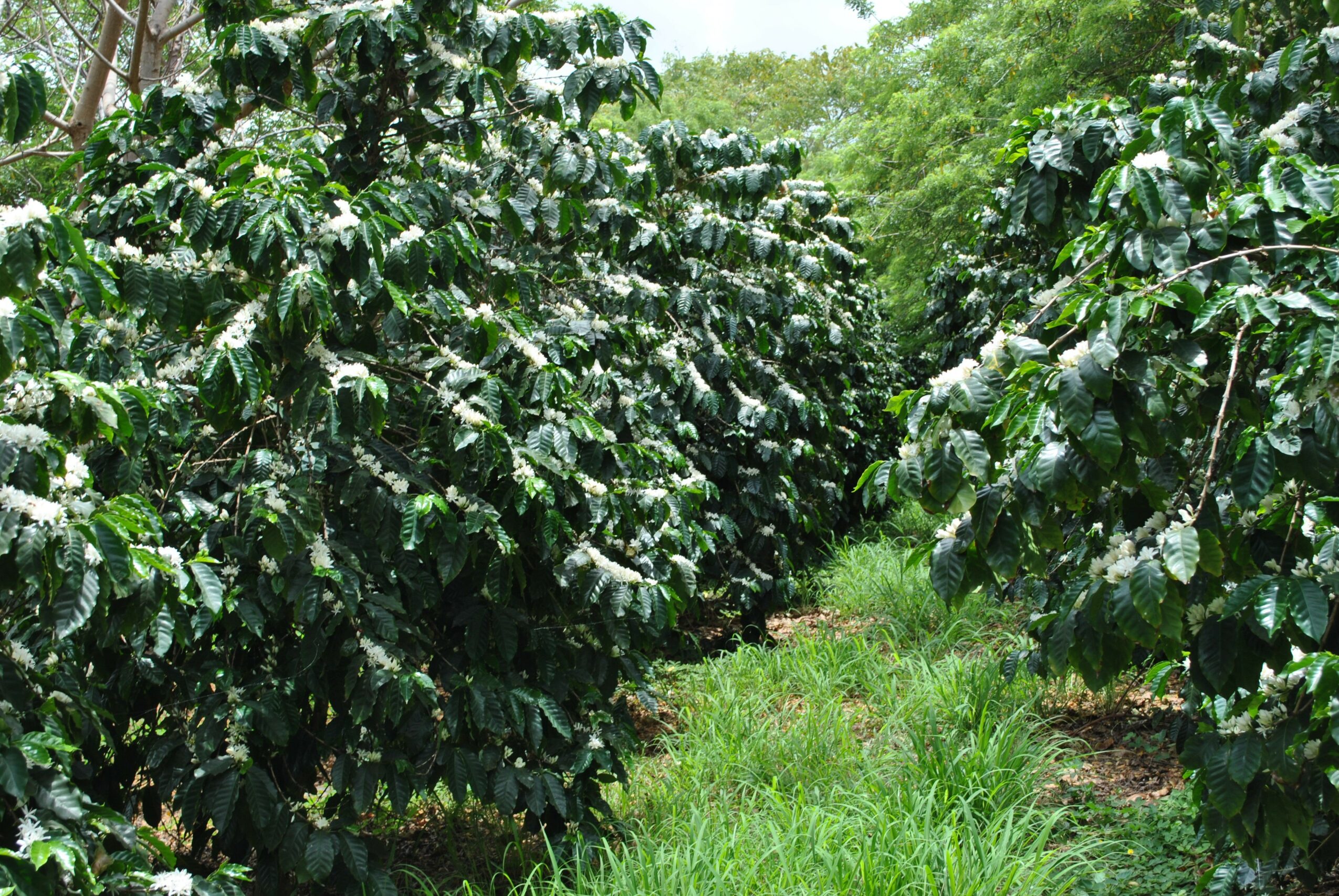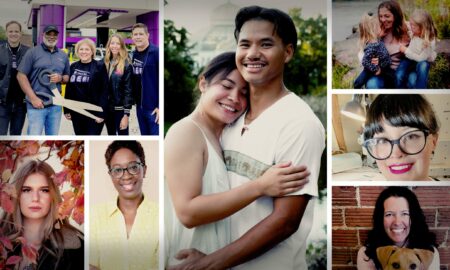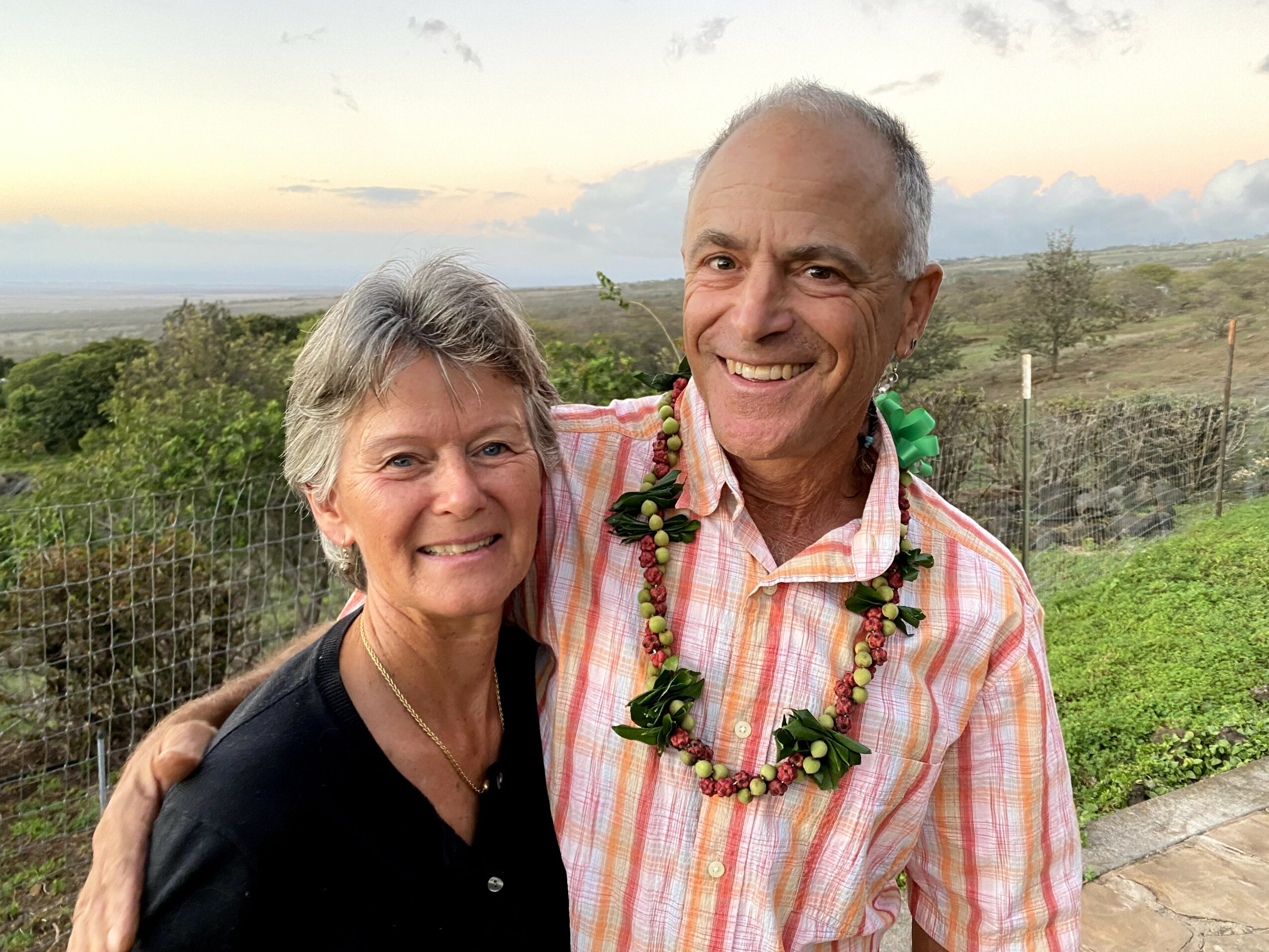

Today we’d like to introduce you to Gerry Ross
Hi Gerry, thanks for joining us today. We’d love for you to start by introducing yourself.
In 2003 Janet Simpson and Gerry Ross moved to Maui from western Canada. They left jobs as a coffee roaster and government research scientist, respectively, to embark on the romantic notion of becoming farmers on family land. The family farm isolated on the dry leeward slopes of Haleakala volcano on the island of Maui. The land had been farmed conventionally for 25 years by Janets parents. We knew nothing really about farming but were determined to make a go of it and to make the farm all organic. Initially we wanted to turn the entire 4 acre farm into specialty coffee but decided on a mix of coffee, tropical fruit, and vegetable crops to create a diverse income stream and avoid complete wipeouts should pests become a problem. We began to remediate the soil using organic methods to introduce biology back into the soil as we found our way into the world of commercial agriculture. We began by creating an agroforestry approach to coffee production which is an understory tree beneath native shade trees in its original Ethiopia. We used compost and extensive cover crop plantings to rebuild our soil. After only 2 years we saw the return of diverse life in our soil and a 95% decrease In the rate of erosion (as determined by the local USDA office). We continued to refine our agricultural practices and in 2007 our coffee placed 7th in state cupping trials, beating out much better established varieties from Kona. We also began to expand our vegetable and tropical fruit production and sold them at a farmers market and through a CSA program. We eventually expended the CSA program, ditched the farmers market stand, and increased sales to some of the top local restaurants. At the peak of our vegetable production we were growing over 40 different varieties along with tropical fruit like mangos, avocados, and bananas. When the pandemic hit we turned all of our restaurant orders into CSA shares in 48 hours and provided 60 families a week with “no touch” fresh vegetables. We continued the CSA program for a total of 750 weeks without a break at which point we took a time out to access mental and physical health. In the last few years w have settled into selling on the Maui Food Hub and a couple of select restaurants. We are not growing as many vegetables but are focussing on a few winners such as garlic, cacao, and vanilla. Throughout our journey we have placed food waste diversion into an active on-farm compost stream as a priority for the farm and we divert on average 35 tons of food waste a year from restaurants which we use to build and maintain soil. Our sol recently scored a 92/100 for soil health (UH Crow Lab) which is a reflection of our commitment to regenerative agriculture and the high quality of our produce.
Alright, so let’s dig a little deeper into the story – has it been an easy path overall and if not, what were the challenges you’ve had to overcome?
When we first started there was very little local support from the college agriculture department because “organic” was not something they were trained in. We used a few key references and some in state conferences to piece together an approach but the poor nature of our soil was a hindrance. On going and careful stewardship changed that over time and the Natural Resources Conservation Service (USDA) provided monetary assistance. Hawaii is a haven for insects and diseases as our biosecurity is more or less nonexistent. We have had to develop strategies for managing those problems without chemicals as we have seen new problems show up (coffee leaf rust and coffee berry borer in our coffee and increased pests such as new insects tearing into our vegetables). Also invasive deer have been a huge problem. Initially we relied on savings to get us going in the first couple of years while income was low and expenses of soil remediation were high. Since 2007 we have been in the black each year (not by much but enough!). Working side by side through thick and thin has been a beautiful human experience.
Appreciate you sharing that. What else should we know about what you do?
We are farmers and we grow food for people in a manner that builds soil rather than mines it. We specialize in high quality produce and we are known for it throughout the island of Maui in restaurants as well as family circles. We are also well known for our dedication and ingenuity when it comes to building and maintaining a beautiful working farm. We teach classes in sustainable agriculture and are well respected as passionate teachers. What sets us apart are two mantras. First regarding produce, we don’t sell substandard produce “Sell the best and eat the rest”. The second mantra is that “The waste stream is a source of local fertility” so we intercept all sorts of waste (food waste, roadkill, cardboard, coffee chaff from local roasters, etc) to make our farm more sustainable.
So maybe we end on discussing what matters most to you and why?
Producing quality agricultural products in a way that enhances the ecosystem rather than degrades it. For example the erosion rate for soil on our farm is vanishing small which is an accomplishment for a farm on the slope of a volcano! Feeding people high quality nutrient dense produce that has amazing flavors is such an enjoyable way to become part of peoples lives and it helps them and their families feel healthy.
Contact Info:
- Website: https://www.kupaafarms.com
- Instagram: @kupaafarms
